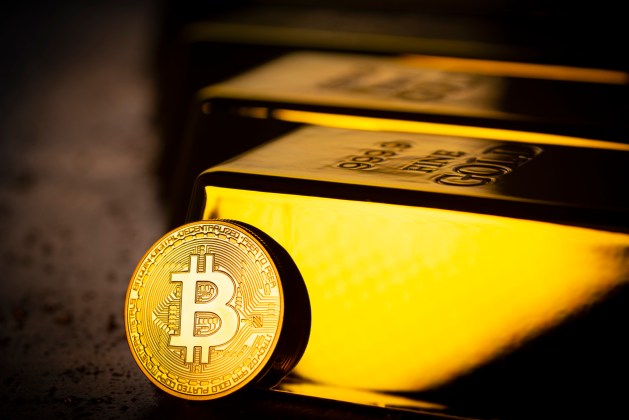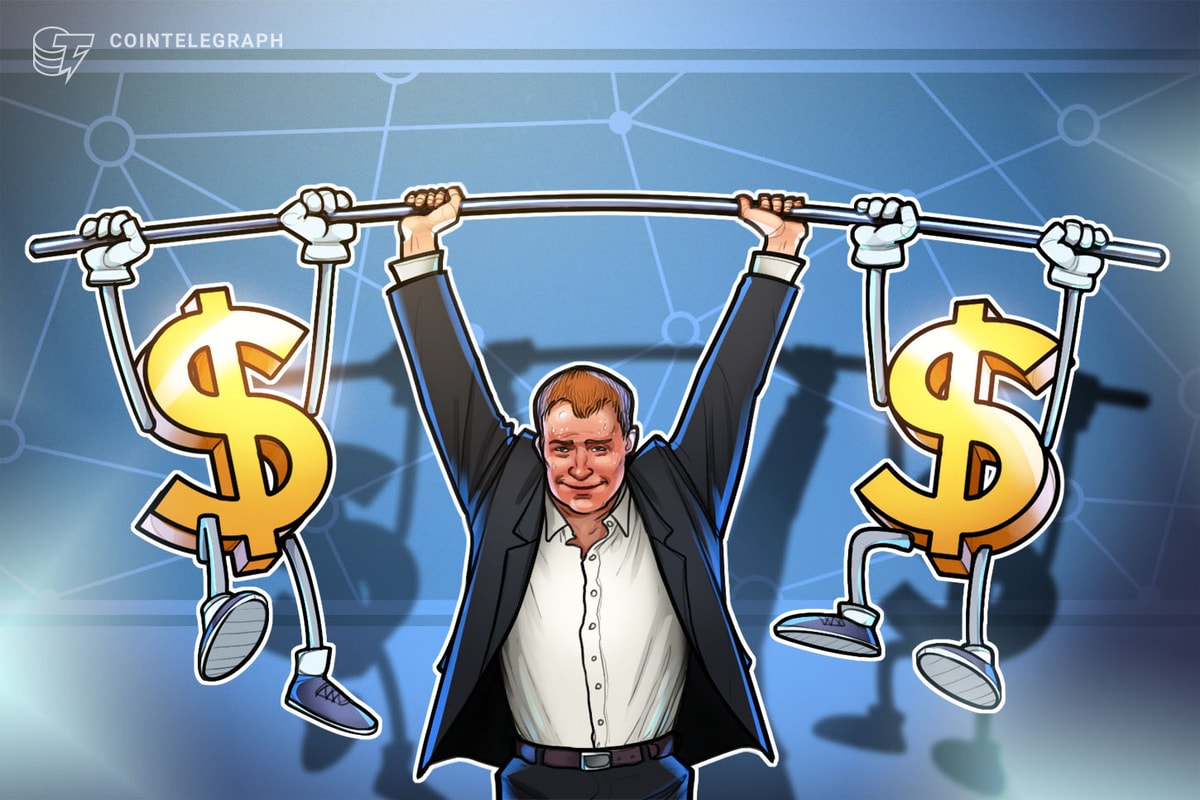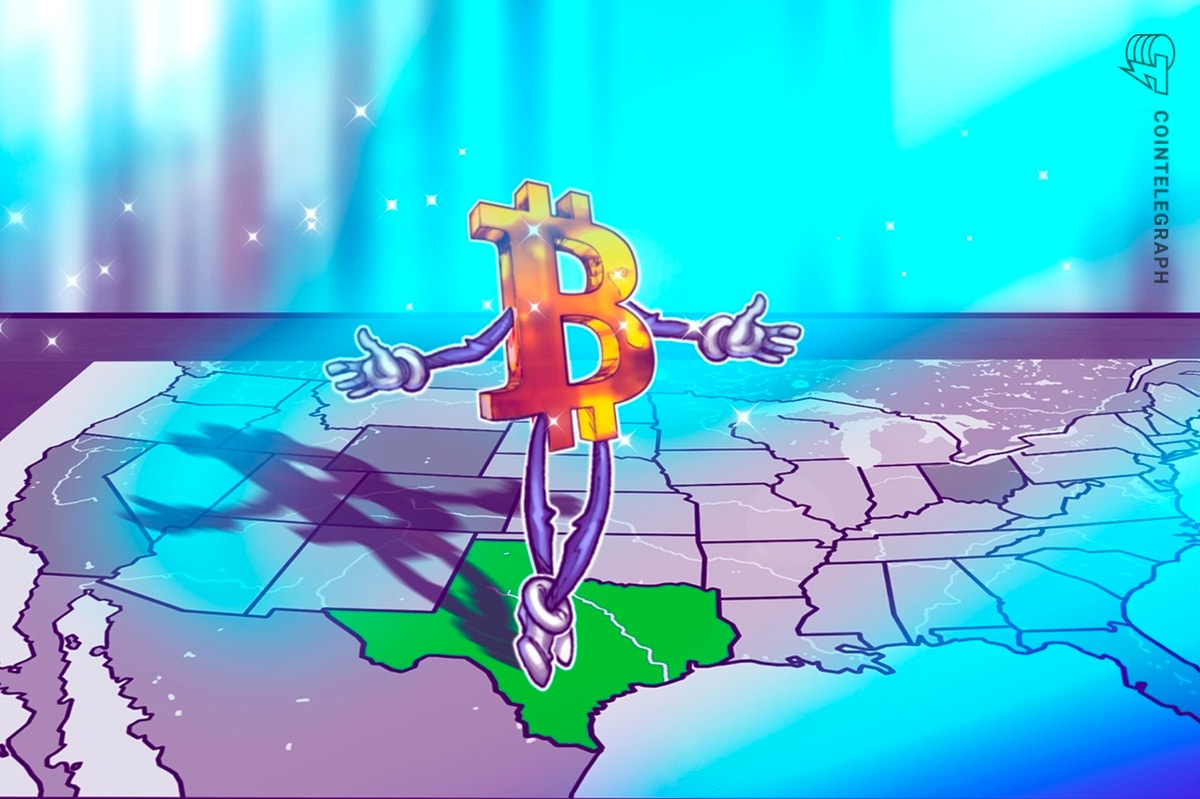Despite the recent craze surrounding Bitcoin (BTC) — which saw the digital asset hit an all-time high of $73,600 in March — the memecoin sector has been the most profitable crypto narrative so far in 2024, registering average returns of over 1,300% across the top tokens by market capitalization.
Several memecoins have seemingly taken the market by storm overnight, with newly launched offerings, such as Book of Meme (BOME), Brett (BRETT) and Cat in a Dogs World (MEW), shooting up the rankings to become top 10 meme projects in a matter of weeks. Amid this frenzy, many traders have managed to turn small investments into life-changing sums.
For example, one investor turned $13,000 into over $2 million in just an hour by investing in the Donotfomoew (MOEW) token shortly after its initial decentralized exchange (DEX) listing on April 3. According to reports, the trader first purchased 499.9 million MOEW for four Ether (ETH) minutes after its debut. Less than an hour later, the trader sold 111.65 million MOEW tokens for 99 ETH, worth around $328,000 at the time.
In another similar occurrence, a trader spent $8,300 accumulating billions of Apu Apustaja (APU) tokens, only to sell them later when the price surged to a high of $0.0007907, bringing the total worth of their investment to approximately $6.5 million.

Regarding the eye-watering sums in memecoin markets, CoinGecko analyst Lim Yu Qian said:
“The memecoin narrative was 4.6 times more profitable than the next best-performing crypto narrative of tokenized real-world assets [RWA] and 33.3 times more profitable than the layer-2 narratives with the lowest returns in Q1 this year.”
The number of Google searches for the term “memecoin” reached its second-highest level on record in March, and the sector’s total market capitalization exceeded the $50 billion threshold around the same time.
Does the rise of memecoins reflect investor sentiment?
Some market observers believe that the popularity of memecoins is indicative of broader interest in decentralized technology and the cryptocurrency industry.
Shytoshi Kusama, the pseudonymous lead developer of the world’s second-largest memecoin, Shiba Inu (SHIB), told Cointelegraph that the rising valuations demonstrate investors’ readiness for major change where decentralized technologies are being put front and center of the digital mainstream. He said that the true power of memes will be their “impact on the real world.”
Recent: Bitcoin halving could ‘indirectly’ affect cryptocurrency regulation
Expanding on the topic of use cases, Kusama highlighted that offerings like Shiba Inu’s fully homomorphic encryption platform with Zama.ai and its upcoming suite of payment technologies will prove that meme projects can offer the same longevity and utility while remaining fully decentralized. He further claimed:
“While crypto, in general, remains highly volatile and speculative, with many projects going to zero, Shib has continued to create identity, security, and technology systems to mitigate existing risks. In this way, as the bull market continues, we will onboard the next billion users safely.”
Indrajeet Roy, a co-founder of the crypto predictions market TradeX, told Cointelegraph that the growth in memecoins is a strong indicator of the role narratives and marketing have played in the success of this burgeoning asset class.
“Meme coins are particularly sensitive to sentiments and trends. The ongoing surge shows how communities with humor and content can create hype and lead to swings. Memecoins are becoming a gateway for the masses to the crypto world,” he said.
Is the ongoing craze sustainable?
Some memecoins may provide a modicum of utility, but many seem to lose their sky-high valuations as quickly as they’ve gained them, leading many to question the sustainability of the ecosystem.
Roy believes that since most memecoins lack strong fundamentals or use cases, their popularity will continue to last as long as the current intersection of internet/social media and crypto finance persists. He added:
“The meme industry’s growth is a sign of how narrative-driven the market is right now. Healthy growth happens when most users evolve to more researched, fundamentally strong projects. But at a market level, it’s still early on in this bull run cycle, so it might not be fair to call this growth unsustainable, though, in a matter of months, that might be the case.”
Roy thinks that as the sector matures, with projects focusing more on utility, it could potentially merge with other domains such as GameFi.
“Memecoins can add utility to a lot of continuous prediction markets, for example, Trump token for a market on election for rewards, for trading brings a lot of utility around memecoins,” he said.
Michael Telera, ambassador for Solana-based memecoin Laika, told Cointelegraph that any doubts about the continued sustainability of the memecoin sector can be addressed simply by looking at the amount of capital investors have poured in over the last couple of years.
In his estimation, valuations will keep rising as more and more people begin to understand the unique technological and social proposition — such as their ease of use, use in financial systems and the potential to educate users about blockchain tech — put forth by these tokens, adding: “We believe memecoins, especially the current boom, can help bring new blood into the industry through simple, understandable and accessible means.
Memecoins could face legal challenges
Telera believes that, as the adoption of memecoins grows, “we may see new complexities, regulations, restrictions.” He added that increased regulator oversight will make it “more difficult to create new projects. It may result in some temporary stagnation during the next winter. But then, the summer will come again.”
The memecoin frenzy has also raised concerns about the crypto market’s maturity and integrity. In a recent interview, a spokesperson for crypto exchange Bitrue told Cointelegraph that the uncontrolled rise has the potential to “distort the image of cryptocurrencies, potentially undermining their credibility and the broader adoption of blockchain technology.”
Recent: Bitcoin halving supply shock set to shake up mining sector
Furthermore, the proliferation of tokens containing racist and homophobic epithets in recent months has led some in the crypto community to call for developer intervention while broadcasting the need for tighter regulations and oversight to ensure the industry maintains its integrity and fosters responsible innovation.
Therefore, as the memecoin phenomenon continues to evolve, it will be crucial for both regulators and industry players to navigate these challenges carefully, balancing the need for innovation with the imperative of protecting investors and preserving the reputation of the crypto ecosystem as a whole.










